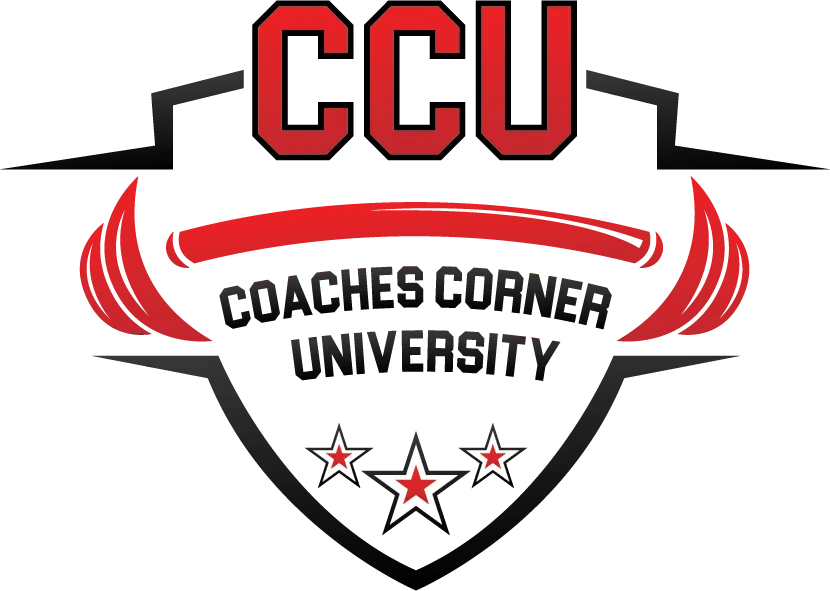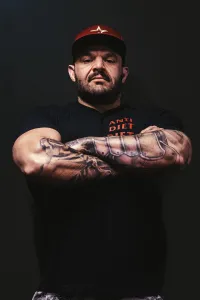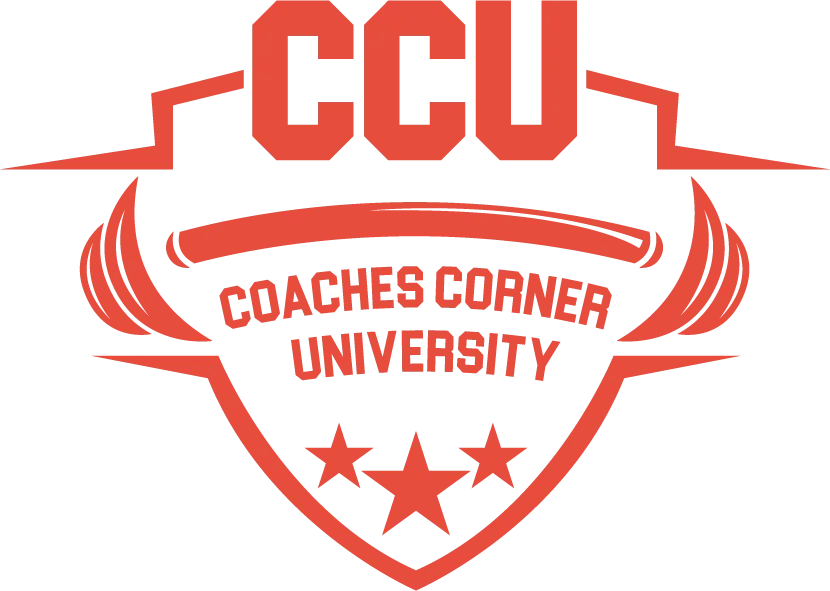Discover The Latest Blogs
Stay updated with Our Informative Blog Posts
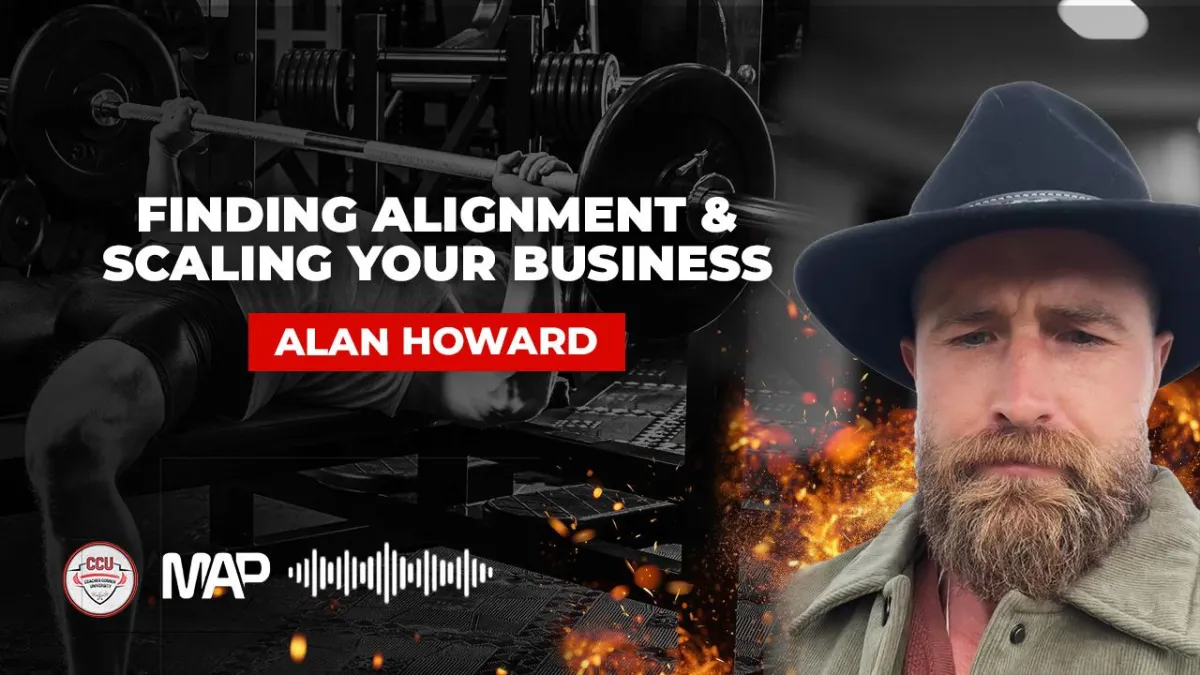
CCU Podcast - Finding Alignment and Scaling Your Business with Alan Howard
Finding Alignment and Scaling Your Business
Alan Howard - Finding Alignment and Scaling Your Business
Today, I sat down with Alan Howard, Founder, The Path. Alan is a powerful and transformative coach who has an uncanny ability to cut through the bullshit and facade to see a man at his core. Before coaching, Alan built and sold two businesses, travelled the world for six years, and embarked on numerous adventures to deepen his self-understanding, including living with an indigenous tribe, travelling to over 20 countries, and opting to live in a pitch-black room for several days to confront himself.
Alan's journey from traditional business success to working with seven, eight, and nine-figure entrepreneurs offers unique perspectives that transcend typical business advice. His experiences provide valuable lessons for strength and conditioning coaches seeking both professional excellence and personal fulfillment. The following takeaways distill Alan's wisdom into actionable insights specifically relevant to the strength and conditioning profession.
10 Key Takeaways from Finding Alignment and Scaling Your Business
Self-Love Begins with Self-Defence
Alan's transformative vision in the dark room revealed that genuine self-love fundamentally means being willing to defend who you are. For strength and conditioning coaches, this translates to standing firm in your methodology, training philosophy, and professional boundaries. Too many coaches become chameleons, adapting their approach based on what they think each client wants to hear rather than maintaining consistency in their expertise and identity.
Identity Anchored in Being, Not Achieving
Our conversation highlighted how many high achievers—including coaches—build their self-worth entirely on accomplishments rather than intrinsic value. Alan observed that when identity is achievement-dependent, any temporary setback feels existential. This creates an unsustainable cycle where coaches constantly need external validation through client results, social media metrics, or professional recognition to feel worthy.
Authenticity Creates Unshakeable Professional Foundation
Alan emphasized that authentic expression, while initially feeling vulnerable, becomes your greatest competitive advantage. In a field saturated with cookie-cutter approaches and social media personas, coaches who develop and express their genuine voice create deeper client connections and more sustainable businesses. Authenticity isn't just about being "real"—it's about having the courage to be consistently yourself across all professional interactions.
Fear as Professional Compass
Rather than avoiding uncomfortable situations, Alan advocates using fear and discomfort as guidance systems toward growth. For strength and conditioning coaches, this means leaning into challenging client populations, difficult conversations, or professional opportunities that feel intimidating. The things that scare you professionally often represent your next level of development.
Emotional Processing Enhances Professional Effectiveness
The discussion about emotional regulation revealed that truly successful individuals feel emotions fully before responding, rather than reacting impulsively or suppressing feelings entirely. For coaches working with frustrated, injured, or struggling clients, the ability to process your own emotional responses while maintaining professional composure becomes crucial for effective leadership and decision-making.
Process Orientation Over Outcome Fixation
Alan explored how focusing on daily processes rather than distant outcomes creates more sustainable motivation and reduces performance anxiety. This principle applies both to how coaches approach their own professional development and how they guide clients through training progressions. The metaphor of "pushing the rock up the hill" daily, regardless of immediate results, captures this mindset perfectly.
Internal Validation Supersedes External Metrics
Our conversation revealed how Alan deliberately stripped away external validation sources to develop genuine self-confidence. For coaches, this means developing professional satisfaction from the quality of your work, your growth as a practitioner, and your service to clients—independent of social media followers, client roster size, or industry recognition.
Alignment Creates Effortless Excellence
Alan's business doubled when he stopped creating content and focused on alignment rather than grinding through predetermined strategies. This counterintuitive result demonstrates how being in harmony with your natural strengths and authentic expression often produces better outcomes than forcing yourself through systems that feel inauthentic or draining.
Trust Requires Anchor Points
Our discussion about self-trust emphasized that you cannot trust your internal guidance system without reference points. For coaches, this means having experienced your own breaking points—whether physical, emotional, or professional—to develop the wisdom necessary for confident decision-making. These anchor points become the foundation for trusting your instincts with challenging clients or difficult situations.
Energy State Determines Professional Impact
Perhaps most importantly, Alan highlighted how your internal energy state directly influences your professional effectiveness. Coaches operating from joy, alignment, and authentic expression create entirely different training environments than those powered by fear, obligation, or external pressure. Your energy becomes the invisible foundation that either elevates or undermines every technical skill you possess.
These insights challenge the traditional narrative that success requires constant grinding, external validation, and suppression of authentic self-expression. Instead, they point toward a more sustainable model where professional excellence emerges from deep self-knowledge, emotional mastery, and the courage to be genuinely yourself in all professional contexts.
Find Alan
Website - https://the-path.com/
Instagram - alan__howard
YouTube - @alan_howard
Find the Podcast
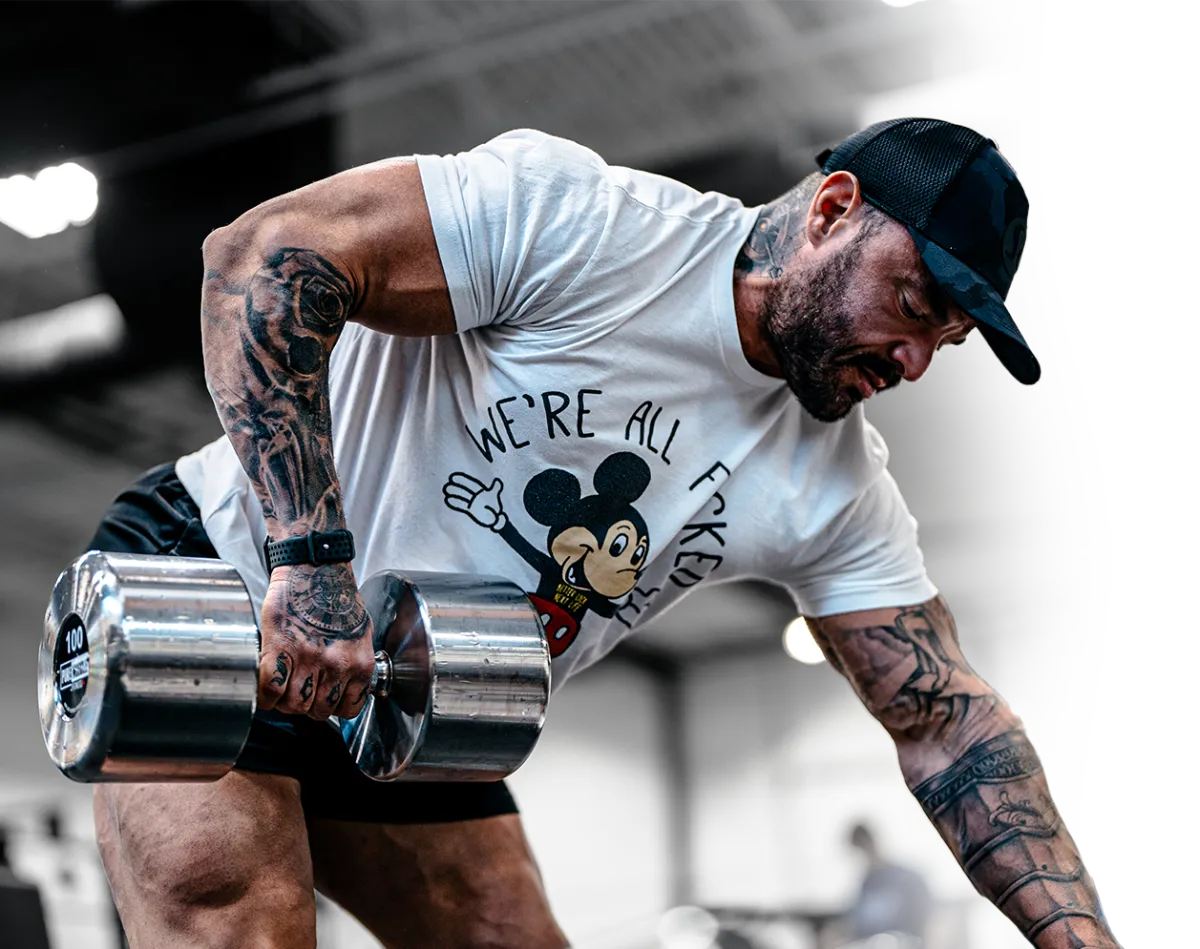
Coaches Corner PhD
